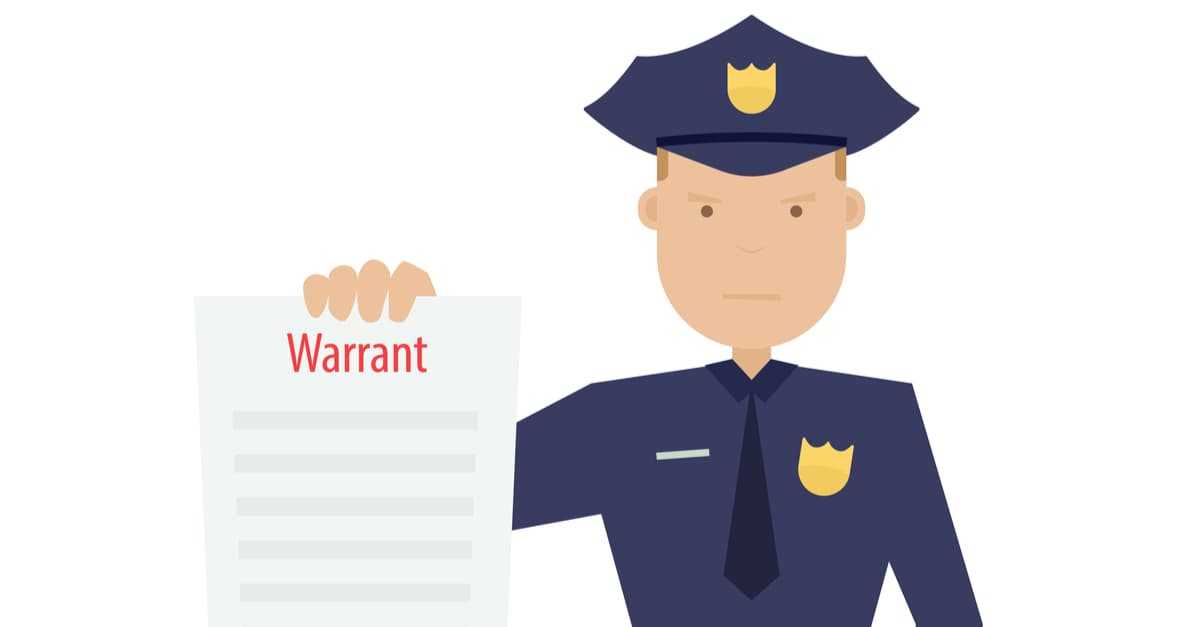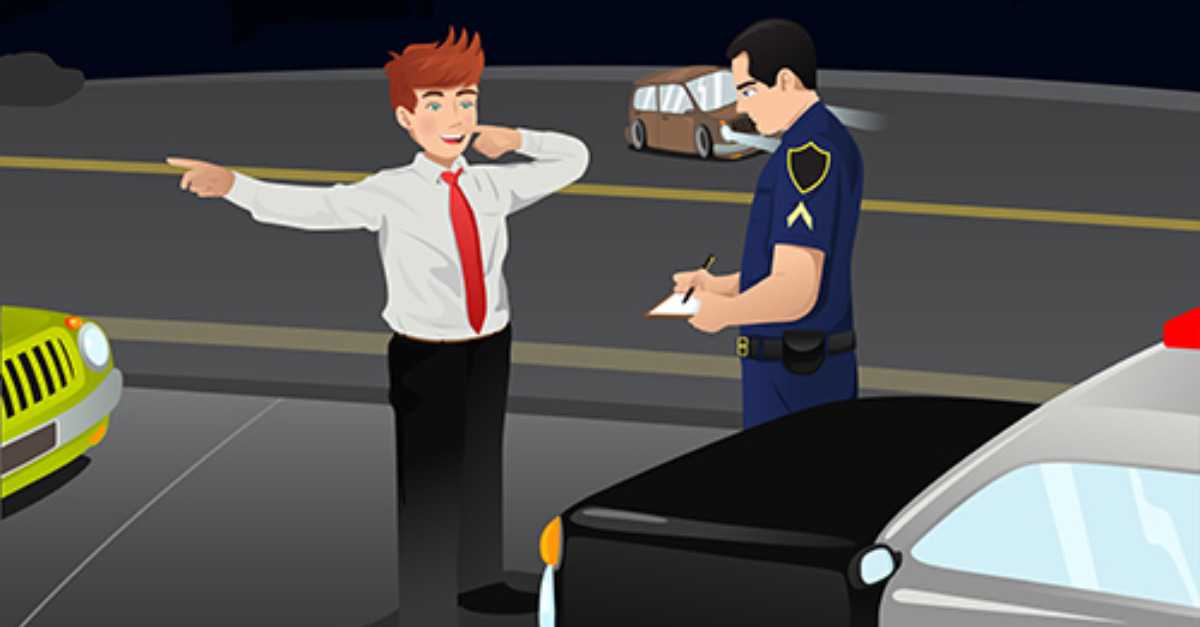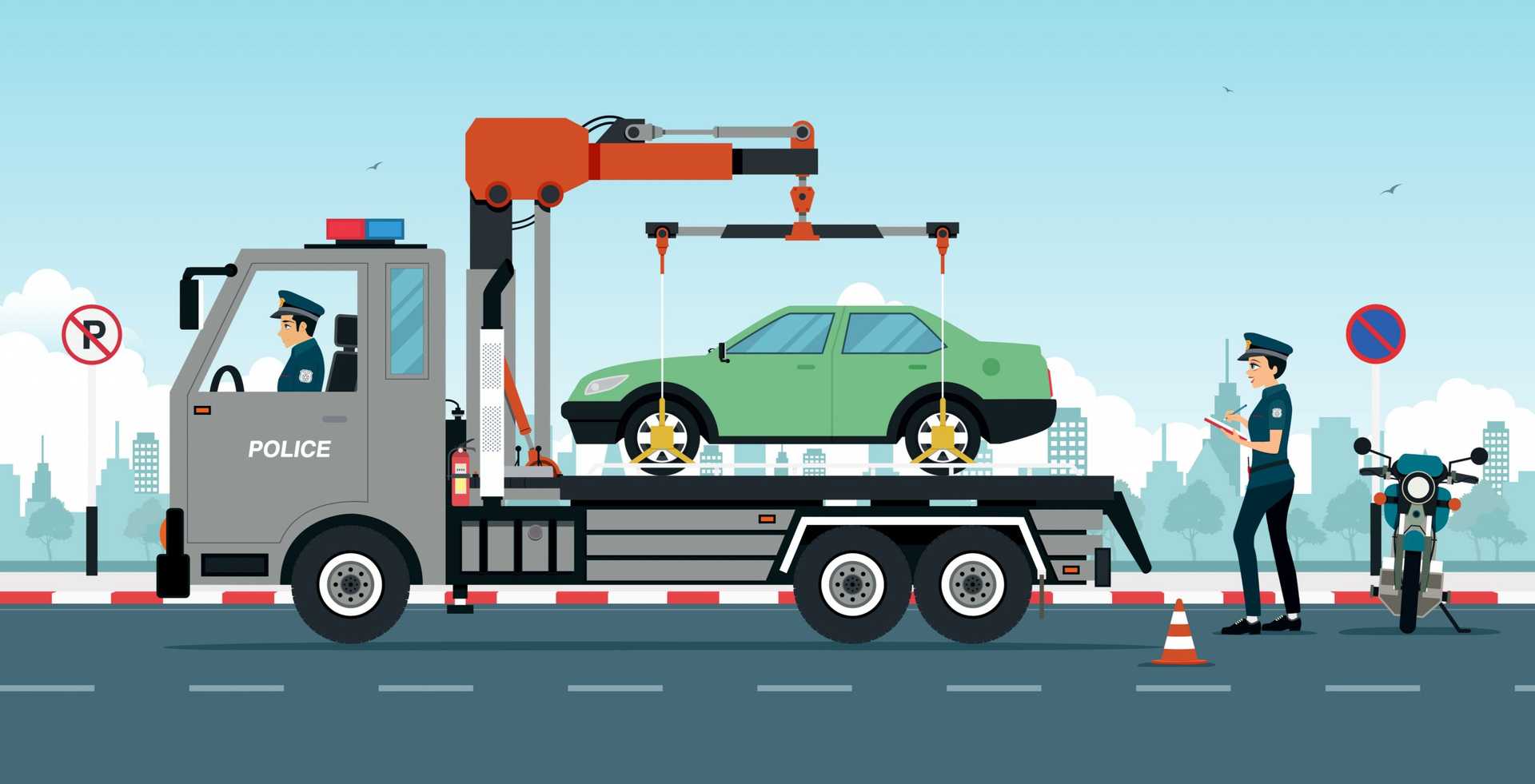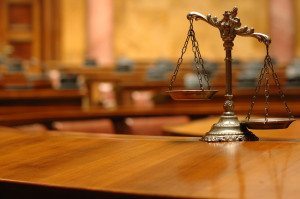You Rights During a Tucson DUI Investigation: Devlin v. Browning
Many times DUI police in Tucson will use a minor or even imagined traffic violation as a pretext to conduct a DUI investigation. Granted, in some of the high traffic late night club areas such as the Fourth Avenue Corridor, Congress and I-10, eastbound Broadway, Ina and Oracle Roads in or near Oro Valley, and the area of Tanque Verde and Kolb, police make numerous late night stops, considering these to be target-rich areas.
Police will typically approach the driver and ask them if they’ve been drinking. Police will then ask them where they are coming from and where they are going. They will then almost always ask (instruct) the driver to step out of the vehicle so that the police can “be sure” they are “okay to drive.” And it all devolves from there
In theory, police cannot automatically turn a traffic stop into a full blown DUI investigation without at least “reasonable suspicion” the driver is impaired to at least the slightest degree by alcohol. In Arizona, in theory it is not illegal to drink and drive.
The United States Supreme Court in Rodriguez v. United States held that where police extend a traffic stop and turn it into a criminal investigation, they cannot do so without separate “reasonable suspicion” that particular criminal activity is afoot.
So what about the case of a driver stopped by a DUI officers for speeding late at night, but who doesn’t seem impaired at all?
In Devlin v. Browning in and for County of Pima, a Tucson DUI officer claimed he saw Devlin speeding at about 2:00 AM eastbound on Broadway, and stopped him for that reason. 249 Ariz. 143, 145 (App. Div. II 2020) The officer claims he smelled alcohol when he approached Devlin seated in his car, and that Devlin had “bloodshot watery eyes.” Devlin admitted that he’d been drinking. So, instead of simply giving Devlin a speeding ticket, the Officer began a DUI investigation, and eventually arrested Devlin for DUI.
Devlin filed a Motion to Suppress Evidence, in Tucson City Court, arguing that because police claimed to have seen signs only of alcohol consumption (odor, red watery blood shot eyes, and admission to drinking), that alone is not enough “reasonable suspicion” to prolong the traffic stop and investigate a person for criminal DUI. Id.
The trial court granted the motion, finding that evidence of consumption alone is not sufficient because a DUI in Arizona requires that the state prove that the driver was “impaired,”—merely drinking alcohol and driving is not by itself illegal.
The City of Tucson Prosecutor’s Office appealed to the Superior Court, and the Superior Court Judge, reversed the City Magistrate finding that there had been “reasonable suspicion of driving under the influence.” Id. The Devlin appealed to the Arizona Court of Appeals.
The Arizona Court of Appeals in a split decision held that the following factors supported reasonable suspicion to conduct a DUI investigation of Devlin (1) time of night; (2) area involved—a “known artery for impair drivers leaving” local bars; (3) traveling ten miles per hour over the speed limit; (4) red watery blood shot eyes; (5) odor of alcohol; (6) admission to drinking and (7) “single pass” in vehicle horizontal gaze nystagmus test (HGN). Id. at 147.
In a blistering dissent Judge Peter Eckerstrom observed : “The majority holds that … an officer may detain and investigate without any evidence whatsoever of [] impairment.” Id at 150. Judge Eckerstrom, furthermore pointed out that the majority decision exposes innocent drivers to “investigative detention, upon police contact, whenever they seek to drive home from a social gathering, nightclub, or restaurant after they have consumed a draft of beer or a glass of wine. And, such an application of reasonable suspicion would arguably permit officers to detain for investigation every person who attempts to drive after leaving a bar or tavern ….” Id. at 151.
Judge Eckerstrom concludes that “such broad authority to invade our private affairs is fundamentally at odds with eh norms of a free society”. Id. at 151.
So what does all this mean for you? It is a word of caution: As Judge Eckerstrom warns—if you have had even a single a glass of wine and drive in southern Arizona, and are stopped for almost any minor traffic violation, you can be subjected to a DUI investigation.
This case in my view is an example of chipping away at our federal and state constitutional rights, where the police are given virtually unfettered discretion to conduct a DUI investigation on nearly everyone. It is a scary proposition.
Recommended Articles

Driving under the influence (DUI) is a serious crime in Arizona. If you have been arrested for DUI, it is important to understand your legal rights.

This blog will address what you can do to win a DUI case for parked cars and how to avoid, hopefully even getting charged.

The Supreme Court in a 9-0 opinion held that when a minor offense alone is involved, police officers can't enter the home without a warrant.

First, let’s figure out what kind of DUI it is. They’re usually misdemeanors unless there’s been an accident.

Today we’re going to talk about parked cars. Police sometimes approach you when you’ve legally parked a vehicle and are using it as a stationary shelter.

About Michael Harwin
Michael’s skill and experience have been recognized repeatedly. He holds an A-V 5/5 preeminent rating by Martindale Hubbell. He has been named one of the top lawyers in Arizona by Southwest Superlawyers, and one of the best lawyers in Tucson by Tucson Lifestyle Magazine. He also has been named one of the best lawyers in the United States by BestofUS.com , and given the highest rating possible by AVVO, 10/10 Superb. Amazon Books


